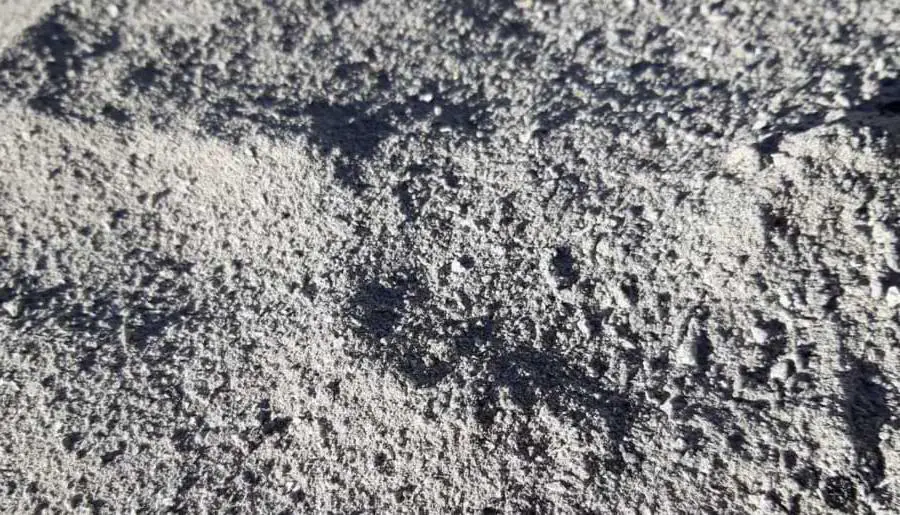
Is Wood Ash Good for Roses? (Which Roses & How Much)
Wood ash contains a good quantity of potash which is an essential nutrient that roses need to develop flowers and produce top quality blooms.. Wood ash can benefit roses due to its abundance of potash which helps stimulate flower production. However, you do need to bear in mind the alkalinity of wood ash on the soil as roses prefer a.
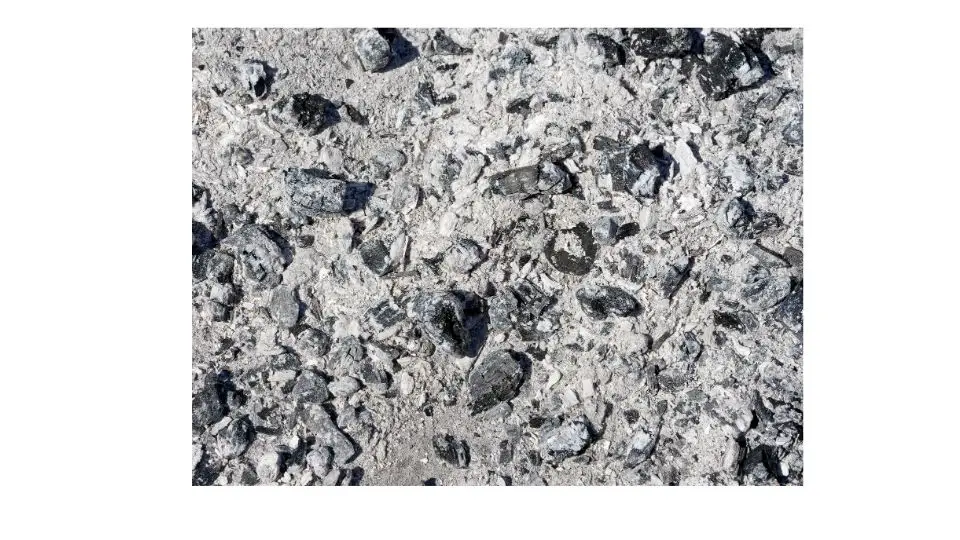
Is Wood Ash Good for Roses? (Facts You Should Know)
It is generally considered safe to apply wood ash to potted roses as long as it is mixed with potting soil and compost materials in order to prevent nutrient imbalances. However, it would still be best to limit wood ash application to no more than 1/4 cup for each plant, which is a small amount compared with the size of most potted plants.
/cdn.vox-cdn.com/uploads/chorus_image/image/66475619/iStock_615603208.7.jpg)
木灰在你家、花园和植物中的8种用途这座老房子 vwin德赢体育欢迎您
Wood ash provides potassium, phosphorus, magnesium, and calcium. It also has some other trace minerals. Potassium, phosphorus, and nitrogen are the main nutrients your roses need. You will not get the nitrogen from wood ash because it is released as a gas when wood is burned. Wood ashes contain about 5% to 7% potassium and 2% phosphorus.

Using Wood Ash for Roses An Essential Guide for Gardening Fans Green
1. Wood Ash is a Great Source of Potassium and Lime. Wood ash is an inexpensive way to provide your plants with both potassium and lime. However, you must be careful when applying wood ash to your plants. If you've ever researched how people once made homemade soap, you know it involved wood ashes.

Using Wood Ash for Roses An Essential Guide for Gardening Fans Green
Is wood ash good for roses? Absolutely, when used correctly. Wood ash is rich in essential nutrients like potassium and phosphorus, which are vital for rose growth and blooming. However, it's crucial to apply it carefully, considering its alkaline nature that can alter soil pH. Always test your soil's pH before and after application, and.
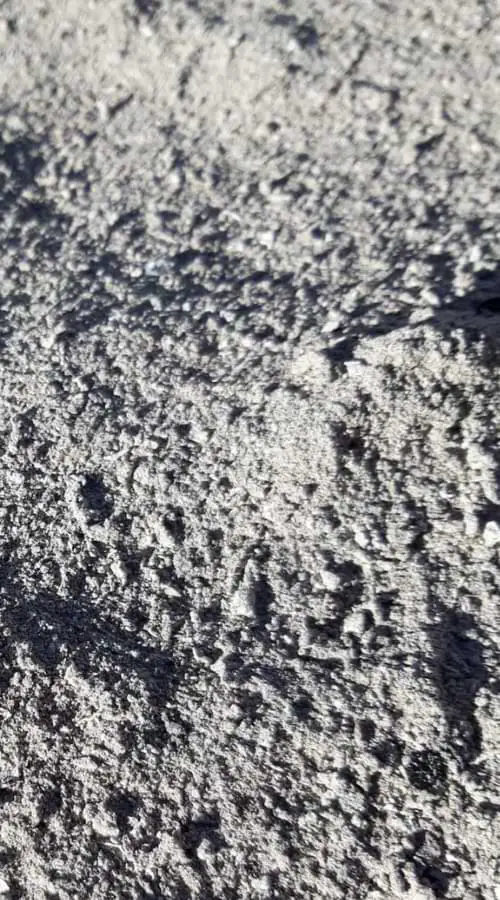
Is Wood Ash Good for Roses? (Which Roses & How Much)
Wood ash is a great way to add extra nutrients to the soil around your roses. It is also a good way to add extra potassium to the soil, which is essential for strong and healthy growth. However, it is important to use wood ash in moderation. Too much wood ash can actually be harmful to roses - particularly young roses.
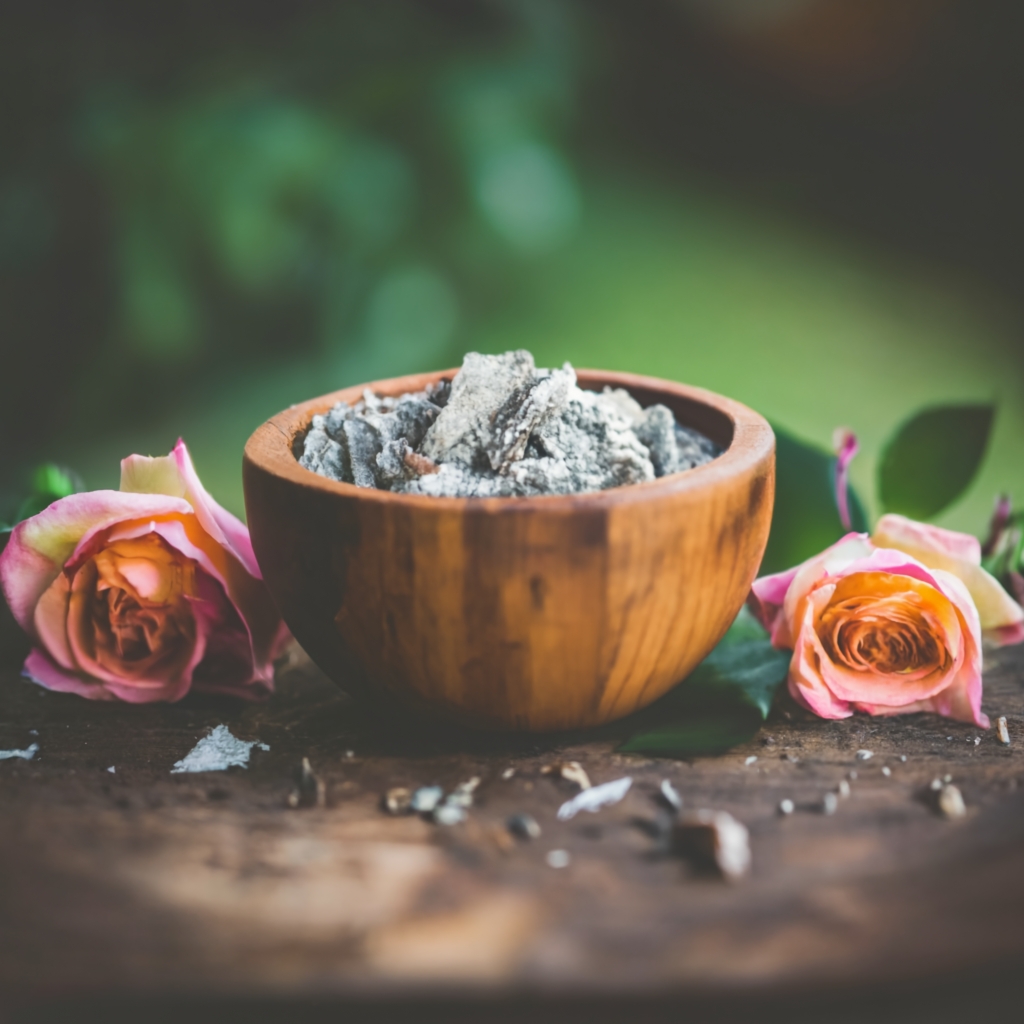
Is Wood Ash Good for Roses? From Fireplace to Flowerbed. Peaceful
Wood ash contains such nutrients, which can help roses grow well, except for nitrogen, as it's released as gas when burning wood. These necessary nutrients roses require will help them develop flowers, producing high-quality blooms. To be more exact, wood ash contains about 5-7% potassium and 2% phosphorous.

Is Wood Ash Good for Roses? The Real Deal
Is Wood Ash Good for Roses. In the enchanting realm of garden blossoms, where roses reign supreme with their vibrant hues and delicate aromas, a curious question sweeps through the minds of enthusiasts: "Is wood ash the secret elixir to perfect roses?". to uncover whether the ancient whispers of using wood ash as a natural fertilizer for.
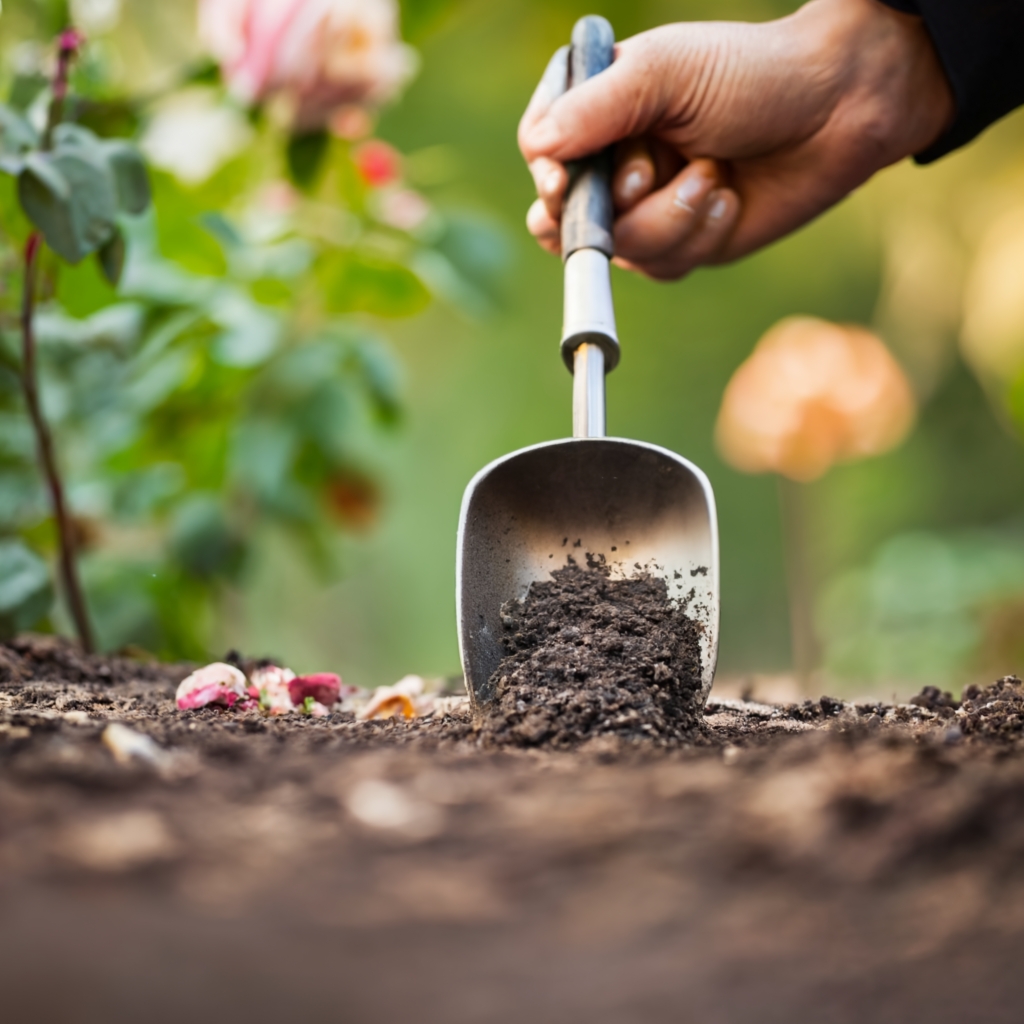
Is Wood Ash Good for Roses? From Fireplace to Flowerbed. Peaceful
Why is wood ash good for roses? Roses grow most efficiently in soil that has a pH of 6-7, and the wood ash works to neutralize it to where it needs to be. The best time to put wood ash on or around the roses is before the start of the growing season, meaning at the beginning of spring.

Do Roses Like Wood Ash? Gardener Report
Potassium, in particular, is important for promoting strong root growth, which is critical for roses. One of the main benefits of using wood ash in your rose garden is that it can help raise the pH of your soil. Roses prefer slightly acidic soil with a pH between 6.0 and 6.5. If your soil is too acidic, it can be difficult for roses to absorb.

Using Wood Ash for Roses An Essential Guide for Gardening Fans Green
Wood ash is useful for hungry plants like onions, garlic and others in the allium family. Some root vegetables also appreciate the potash they get from wood ash, so it's great for carrots, turnips and radishes. Other vegetables where the nutrients in wood ash can be a boost include peas, asparagus, and leafy greens.
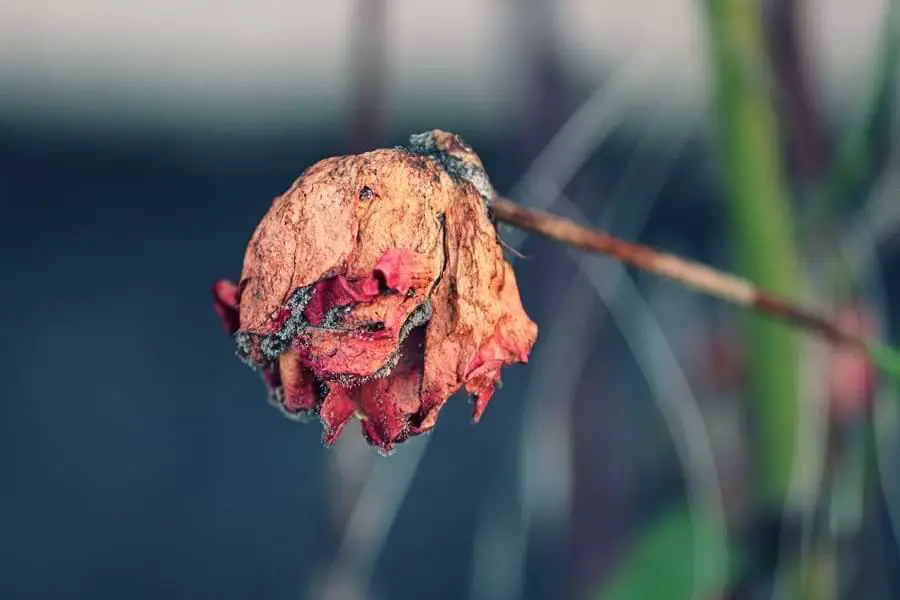
Is Wood Ash Good for Roses? (Which Roses & How Much)
Plus, the resulting wood ash can serve as a. Bonfires are a great way to clean up your yard and garden by getting rid of woody debris and hedge cuttings. Plus, the resulting wood ash can serve as a. Skip to content. December 27, 2023.. Do Roses Benefit from Wood Ash?.

Using Wood Ash for Roses An Essential Guide for Gardening Fans Green
Apply wood ash in small amounts to the compost heap - once mixed in, it will blend readily with other materials. As a general guide, you shouldn't be able to identify it after mixing it into the compost. Wood ash can be spread directly on bare soil in vegetable plots in late winter, at a rate of 50-70g per sq m (1.7-2.4oz per sq yd).
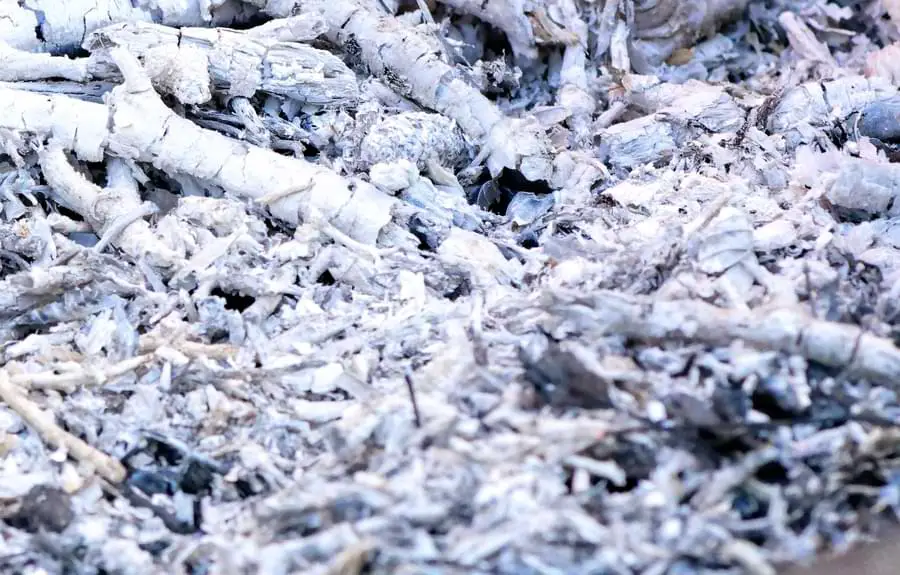
Is Wood Ash Good for Roses? (Which Roses & How Much)
Wood ash contains a good quantity of potash which is an essential nutrient that roses need to develop flowers and produce top-quality blooms. Additionally, wood ash has the benefit of not containing any seeds or roots that can develop into weeds, unlike other compost or mulch that are derived from garden waste or kitchen scraps, which can.

Is Wood Ash Good for Roses? From Fireplace to Flowerbed. Peaceful
Roses are one of the most beloved garden plants, and for good reason. They provide a splash of color and fragrance to any landscape, and are relatively easy to care for.. Wood ash is high in potassium and calcium, both of which are essential to a healthy rose bush. The addition of wood ash helps roses develop strong, healthy roots, which in.

Rose’s ashes buried in Wrythe Austenasian Times
Many gardeners wonder if wood ash is good for roses. The answer is yes! Wood ash is a natural and inexpensive source of important nutrients like potassium, phosphorous, and calcium that roses need to thrive. It also helps to raise the pH level of the soil, making it more alkaline, which is beneficial for roses.